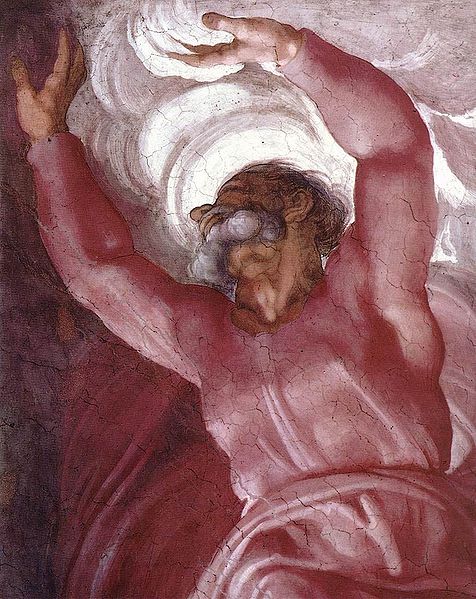Categorically Refuting The Existence Of God omnipotence paradox is a family of paradoxes that arise with some understandings of the term omnipotent. The paradox arises, for example, if one assumes that an omnipotent being has no limits and is capable of realizing any outcome, even a logically contradictory one such as creating a square circle. Atheological arguments based on the omnipotence paradox are sometimes described as evidence for countering theism. Other possible resolutions to the paradox hinge on the definition of omnipotence applied and the nature of God regarding this application and whether omnipotence is directed toward God Himself or outward toward his external surroundings.
Detail depicting Averroes, who addressed the omnipotence paradox in the 12th century. From the 14th-century Triunfo de Santo Tomás by Andrea da Firenze (di Bonaiuto).
Omnipotence is the quality of having unlimited power. Monotheistic religions generally attribute omnipotence only to the deity of their faith. In the monotheistic religious philosophy of Abrahamic religions, omnipotence is often listed as one of God's characteristics, along with omniscience, omnipresence, and omnibenevolence. The presence of all these properties in a single entity has given rise to considerable theological debate, prominently including the problem of evil, the question of why such a deity would permit the existence of evil. It is accepted in philosophy and science that omnipotence can never be effectively understood.
Separation of Light from Darkness by Michelangelo


